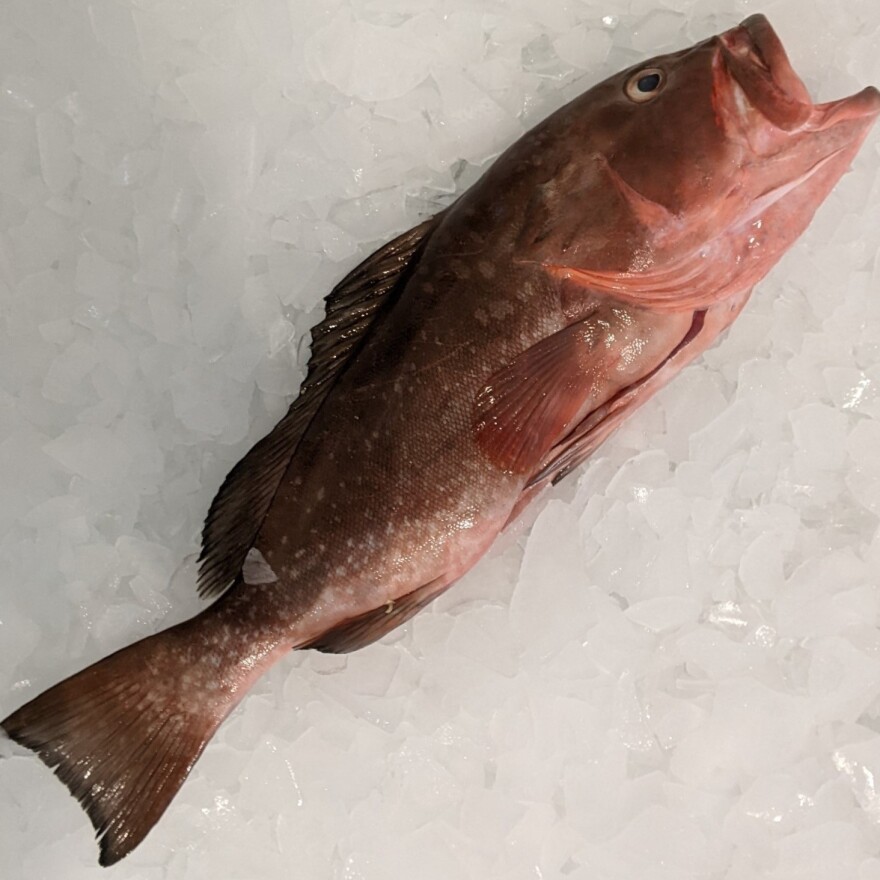The federal government will soon impose new limits on the amount of red grouper that commercial fishers can catch in the Gulf of Mexico and local business owners say that will impact the industry and their customers.
“It will definitely cost you more today. And will probably cost you more tomorrow because there'll be less allocation,” said Frank Chivas, owner of Baystar Restaurant Group, which operates 12 restaurants in the greater Tampa Bay region.
"Which is basically the grouper capital of the world,” he said. “And believe it or not, people come down here from all over to eat fresh red grouper.”
Karen Bell, owner of A.P. Bell Fishing Company in Cortez agrees that the price for grouper is likely to rise.
“It’s limiting what we're able to sell to the public,” she said. “When the supply is reduced, the price goes up because there's less of it available."
Earlier this month, the government announced an amendment to the National Marine Fisheries Service management plan. The quota for recreational fishing would rise from 24 percent to 40.7 percent, while the commercial share would decline from 76 percent to 59.3 percent.
Bell has signed on to a federal lawsuit challenging the reallocation of the red grouper harvest.
"I don't dislike the recreational sector,” she said. “In fact, we pack bait for them and I think it's important that they have quality time on the water just like we do but to shift it to give it to someone else when we provide it to the non-fishing public, that's a hard pill to swallow.”
Plaintiffs say under the new plan, commercial fishing families will lose millions of dollars in lost revenue.
“It's been very difficult to see any type of reduction because for goodness gracious, Covid was a mess, all those restaurants disappeared, it’s just really is a struggle because as people come back on line with restaurants around the country, they're calling for fish and I'm not able to help them," said Bell.
According to the National Oceanographic and Atmospheric Administration (NOAA), the cause for the change is a revision in the estimate for historical recreational landing which reveal far higher recreational landings than previously known.
But the commercial sector argues that the government's reasoning for reallocating red grouper is based on flawed data because recreational anglers are not required to obtain a federal permit and do not have to report the number of fish they catch.
“The big problem with the recreational sector is that they have a tremendous amount of discards,” said Chivas.
“When they catch a fish and they throw it back, they don't often live. But on the commercial side, we keep that fish, because they're marketed in a lot of different ways. The problem is, the recreational are only allowed to catch so many fish, what they should do is do, like the commercial sector is, let them catch X amount of pounds, whether it be small fish, big fish, instead of having a fish limit. We have to have a way to regulate the recreational sectors. And we don't have that right now.”
WUSF reached out for comment from NOAA Fisheries' Southeast Regional office but did not receive a response.




